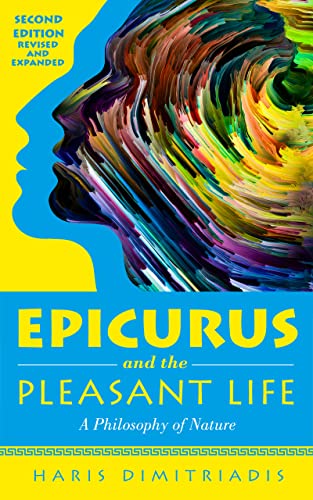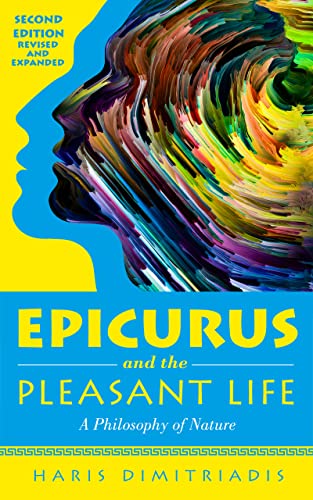This book seeks to reintroduce pleasure as our innate guide to living a healthy and happy life—a simple yet powerful assertion based on empirical data, which stands up to the strictest scrutiny.
Along this journey, we will explore evidence throughout the historical evolution of philosophy up to the time of Epicurus, the ancient Greek philosopher who laid the foundations for a philosophy of nature. More specifically, it’s the only philosophy that distinguishes pleasure as the inherent human guide to a healthy and happy life.
Our multiscreen, one-click modern society is often accused of hedonism, yet this perception is contradicted by a widespread obsession with pain. Of course, pain relief and pain control are noteworthy themes, yet it remains remarkable that a minority seek to understand pleasure and its role in life. Despite its significance, very few have endeavored to recognize and present guidelines based on scientific evidence that pleasure promotes health and happiness.
Contemporary society is characterized by a denial and fear of pleasure. This behavior is usually unconscious and always difficult to overcome. In many ways, we are all influenced and sometimes even consciously trained to resist pleasure.
This is taught to us by parents, medical professionals, educators, religious leaders, and other authority figures. Furthermore, the enemy is also often found within. Most of us harbor self-destructive tendencies which lead us to deny ourselves pleasure for a variety of reasons.
For many, healthy living hinges on deprivation. Aspirations to have a healthy body, for example, often lead to rigorous, rigid diets which are only effective for the moment they are followed. Meals become a source of measured pain in anticipation of a successful outcome that can never be extricated from denial and deficit.
Contrasted with a life guided by pleasure, little (if any) resemblance is perceived. When one is motivated by pleasure, satisfaction, and fulfillment are emphasized rather than abstinence and deprivation.
$2.99 on Kindle.



